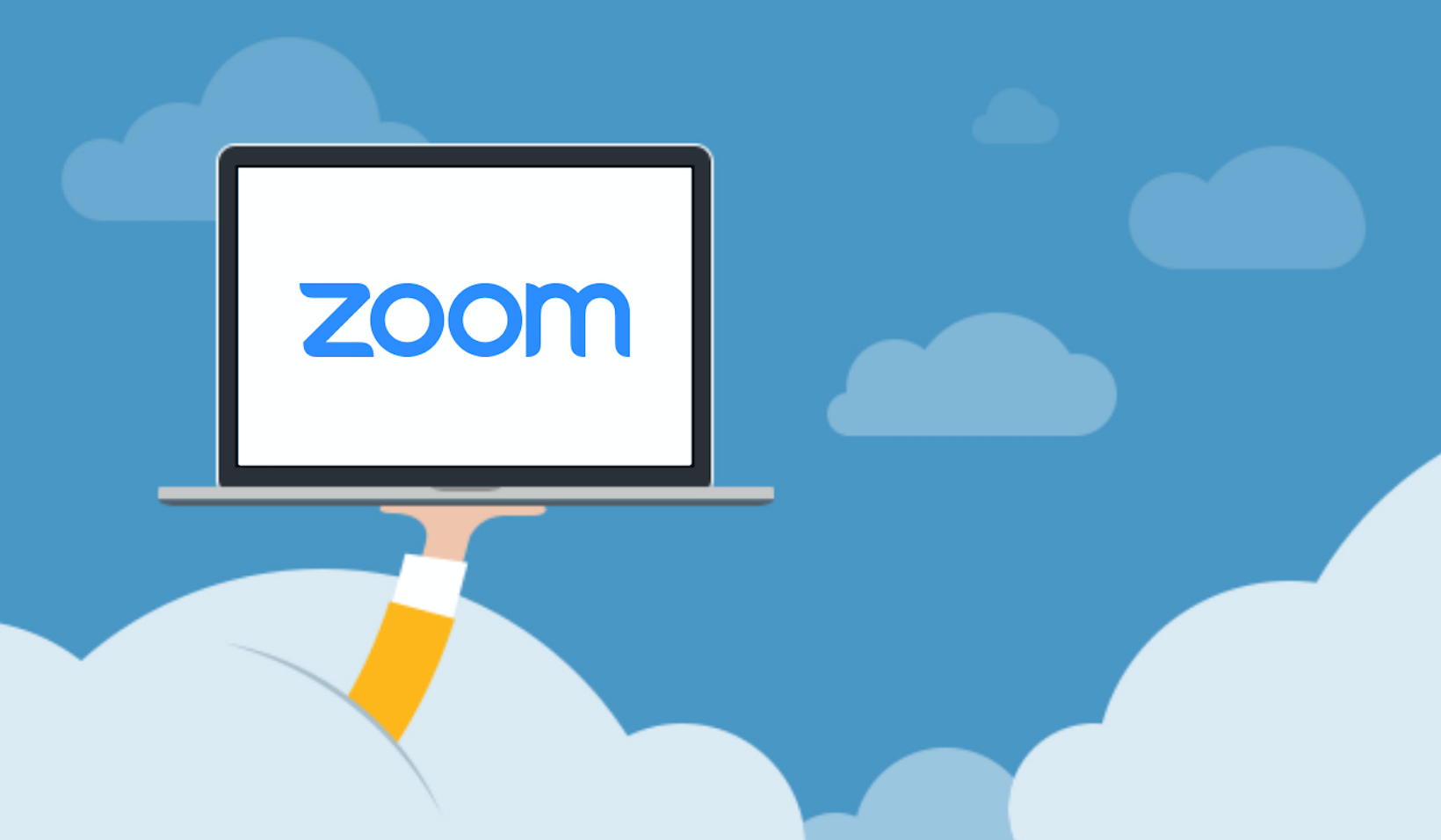About
This workshop takles the considerable challenge of writing scientific content suitable for a lay or nontechnical audience: lay summaries of research and clinical evaluations, technical instructions for equipment use, newsletters, web-based articles, instructions, consent forms … and many more.
Writing readable science for a lay audience can be difficult. Communicating complex ideas to a lay audience requires us to think even harder about our audience: their level of understanding, vocabulary that they are comfortable with and the messages we wish them to take home. We need a knowledge of the tactics that improve readability: logical presentation of relevant ideas, clear and simple writing style, good organisation of documents, and attractive and helpful formatting – to include appropriate visual aids when appropriate. Can we measure readability and therefore have quantitative targets against which to benchmark our writing? Are there tools to help us write more readably? We’ll consider examples of both readable and problematic text and aim to adopt best practice when writing for a lay audience.
In this workshop, we will:
- Define ‘lay audience’
- Define ‘readability’ and consider what influences readability
- Consider the importance of readability
- Review ‘best practice’ tactics to improve readability: good sentence construction, familiar words, subheadings, lists, diagrams, ways to communicate numbers and risk, things to avoid and much more…
- Explore quantitative ways to measure readability: readability formulas and statistics
- Critically assess the use of readability statistics
- Analyse how culture influences readability
Practical elements of the workshop will include:
- Analysis of participants’ own writing using readability statistics
- Critique of poorly written material – how readability could be improved
- Critique of well-written lay summaries – how readability has been achieved
This workshop is for those of you who want to learn more about readability, particularly when your role involves writing about science for a lay audience.
Participants should have some experience of writing and editing scientific text, but do not need specialised knowledge.
The workshop is intended to be a ‘two-way’ learning and discussion experience; questions and subsequent discussion are welcome at any time during the workshop
Lecturers

Laura C Collada Ali
Laura is an accomplished Medical Writing Manager with a proven track record of efficiently overseeing the complete process and timely delivery of critical study documents. Her expertise encompasses a wide range of materials, including protocols, informed consent documents, clinical study reports (CSRs), and other essential study materials, particularly within the realm of pharmaceuticals. She also lends her support to medical device manufacturers in drafting crucial documents such as clinical evaluation reports, post-market clinical follow-up reports, and summaries of safety and clinical performance. Laura’s passion for clear and inclusive language extends beyond her professional duties, as she has a keen interest in public-facing writing. With over 24 years of experience, she has successfully collaborated with pharmaceutical companies and medical device manufacturers across various specialties, including oncology, orthopaedics, cardiology, dermatology, infectious diseases, and more. She regularly runs workshops on her expertise domains. Her active involvement in the European Medical Writers Organization (EMWA), where she serves as an Educational Officer and member of the Executive Committee, underscores her commitment to the field of medical writing and continuous professional development.
This online training consists of 1 module:
13 October 2022 from 9:00 am to 1:00 pm CEST
Some days before the online training you will receive all details about the connection.
The course will proceed with a minimum number of participants. Should this number not be reached the registered participants will be notified one week prior to the commencement of the course.
Early Bird: € 465,00* (until 13 September 2022)
Ordinary: € 595,00*
Freelance – Academy – Public Administration**: € 370,00*
* for Italian companies: +22% VAT
** Early Bird discount not applicable to Freelance – Academy – Public Administration fee
The fee includes: tuition, organizational office assistance, teaching materials and attendance certificate that will be sent after the training via e-mail.
Register

Printable Version
At the end of the training, you will be able to

